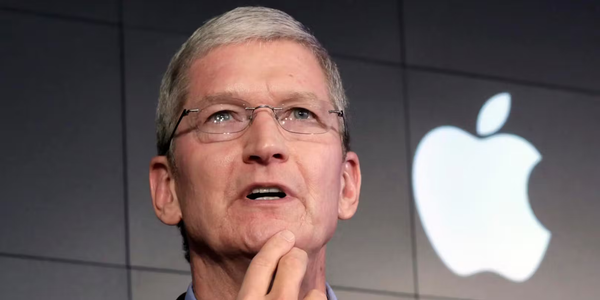The Quiet Giant: How Tim Cook Sculpted Apple's Soul



When the titan Steve Jobs departed, the world predicted Apple's demise. The prevailing pessimism was that without its visionary, Apple, now in the hands of an "operations guy," would surely lose its way. Yet, more than a decade later, Apple stands firm as the most valuable company in history. At its heart is Tim Cook, who, instead of imitating Steve Jobs, infused Apple with a new soul in his own unique way.
Tim Cook never tried to be Steve Jobs. Instead of becoming a showman on a dazzling stage, he chose the path of perfecting the system from behind the scenes. His weapons weren't charismatic speeches but relentless, data-driven questions and an obsession with detail.
The supply chain revolution is a prime example of his leadership. Within seven months of joining Apple, he slashed a month's worth of inventory down to a mere six days. This was more than just a cost-saving measure; it was a masterpiece of "operational design" in its own right, ensuring products reached consumers at the perfect moment. He valued the elegance and efficiency of how a company operates just as much as the visible design of its products.
Tim Cook's Apple has moved beyond the iPhone and deeper into our daily lives. The first entirely new product categories to emerge in his era, the Apple Watch and AirPods, are testaments to this shift. These weren't just new gadgets; they completed the "Apple lifestyle" by changing how we manage our health (Apple Watch) and interact with the world (AirPods).
This, in turn, led to the explosive growth of the services business. Invisible services like the App Store, Apple Music, and iCloud now constitute a massive pillar of Apple's revenue, acting as a powerful force that keeps users deeply engaged in the Apple ecosystem.
The most defining characteristic of Tim Cook's leadership is placing 'values' at the core of management. His childhood experience of witnessing racial discrimination while growing up in a small town in Alabama instilled in him a firm belief in equality and human rights.
He declared privacy a "fundamental human right," making user data protection a top priority, and emphasized corporate social responsibility by directly intervening to improve labor conditions at supplier factories. Furthermore, he established environmental protection, education, accessibility, and diversity and inclusion as Apple's core values, reflecting them in products and policies.
In 2014, his public coming out as a gay man as the CEO of the world's most influential company was the culmination of these beliefs. His statement that it was worth sacrificing his own privacy to give courage to someone struggling with their identity or to empower those advocating for equality clearly showed his vision: to make Apple not just a profit-driven entity, but a "force for good" for a better world.
Tim Cook stepped out of Steve Jobs' shadow to walk his own path. Behind the dazzling innovator, he quietly built the system and added warm values to cold technology. Under his quiet leadership, Apple is evolving beyond being the most successful company into a company with a new soul, striving to exert a positive influence on the world.